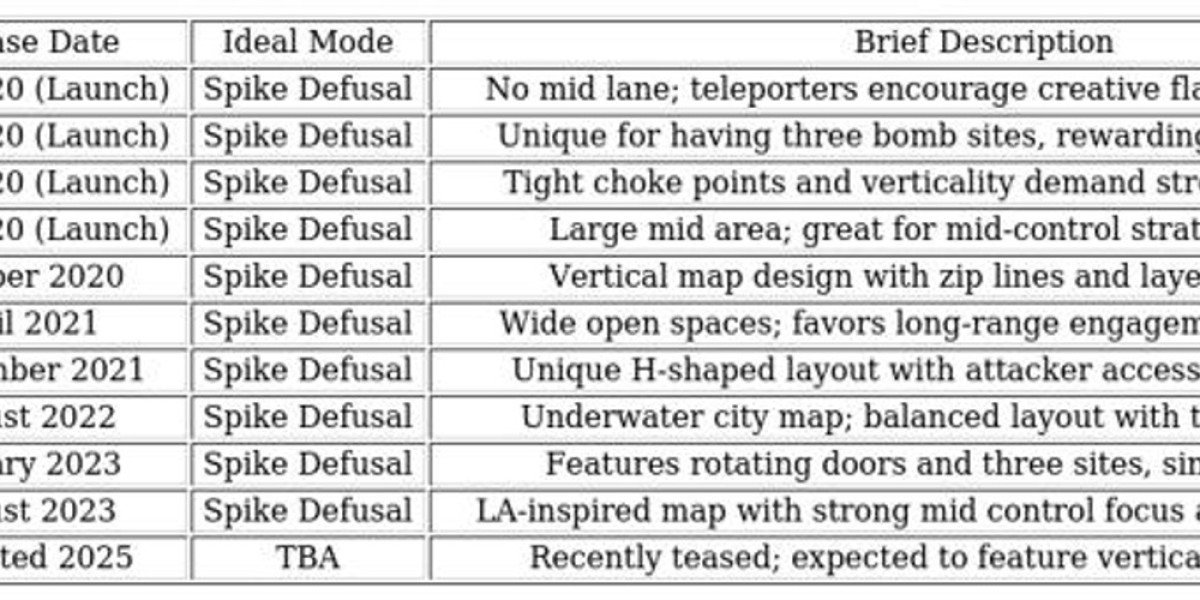Academic writing is more than a form of communication it is the foundation of intellectual progress. It helps scholars, researchers, and students document discoveries, question existing ideas, and propose new theories that expand human understanding. The ability to write academically allows ideas to be shared, challenged, and built upon, creating a continuous cycle of learning and innovation.
Understanding Academic Writing and Its Importance
Academic writing refers to a structured and evidence based style of communication used in universities, journals, and research institutions. Unlike creative or journalistic writing, academic writing focuses on objectivity, clarity, and logic. It plays a vital role in sharing complex ideas and findings with precision and consistency.
At its core, academic writing serves three primary purposes:
To communicate knowledge: It allows researchers to present theories, experiments, and data clearly.
To critique and evaluate: It helps in analyzing existing literature, identifying gaps, and proposing improvements.
To preserve intellectual heritage: Academic writing ensures that scholarly work is documented for future generations to study and build upon.
Academic Writing as a Catalyst for Knowledge Growth
Through academic writing, new ideas are not just expressed but systematically tested and refined. Every published research paper contributes to the broader pool of human knowledge. Whether it’s a scientific discovery, social theory, or historical interpretation, academic writing gives permanence to intellectual efforts.
Academic writing also provides transparency in research. By documenting methodologies, data, and conclusions, it allows others to replicate and verify results. This process strengthens trust within the academic community and prevents misinformation.
How Academic Writing Drives Innovation and Discovery
Innovation is born from inquiry and inquiry thrives in an environment where ideas are articulated and critiqued. Academic writing provides that platform. It enables scholars to transform observations into structured arguments supported by data and evidence.
For instance, in the sciences, academic writing allows researchers to publish their experimental results, which can then be used by others to create technological advancements. In the humanities, it helps scholars explore cultural, social, and philosophical questions, offering new perspectives on human behavior and ethics.
Academic writing also encourages interdisciplinary collaboration. When scholars from different fields publish their work, it invites cross field exploration. A biologist might read a paper on artificial intelligence and discover a new method for data analysis, while an economist could apply psychological research to better understand consumer behavior.
Such knowledge sharing is made possible through peer reviewed journals, conference papers, and dissertations each a vital component of academic writing. This is where resources like top thesis writing services become invaluable, guiding students and researchers in producing clear, impactful work that contributes meaningfully to their disciplines.
The Structure That Shapes Understanding
The structured nature of academic writing is what makes it so effective. It typically follows a clear format introduction, literature review, methodology, results, and conclusion. Each section serves a specific function that enhances the clarity and impact of the research.
1. Introduction: Setting the Stage
The introduction defines the research problem, explains its significance, and establishes the purpose of the study. It acts as a roadmap that guides readers through the paper’s objectives.
2. Literature Review: Building on Existing Knowledge
Here, scholars summarize previous work on the topic, identify gaps, and justify the need for new research. This ensures that the study contributes something original rather than repeating what is already known.
3. Methodology: Demonstrating Rigor and Transparency
This section explains how data was collected and analyzed, allowing other researchers to replicate the study. It ensures scientific integrity and fosters trust in the findings.
4. Results and Discussion: Interpreting the Evidence
The results section presents the data, while the discussion interprets it in relation to the hypothesis. Together, they provide a foundation for further inquiry.
5. Conclusion: Expanding the Boundaries of Knowledge
Finally, the conclusion summarizes findings and highlights their broader implications. It often proposes future research directions, continuing the cycle of knowledge creation.
Academic Writing and the Preservation of Knowledge
Human knowledge evolves, but it also needs to be preserved. Academic writing acts as a bridge between generations of scholars. By documenting and publishing research, academics create a permanent record of progress that can be revisited, critiqued, and refined.
Libraries, digital archives, and online journals have made it possible for knowledge to be shared across borders and time periods. A doctoral thesis written decades ago can inspire new discoveries today because it was carefully documented in an academic format.
This archival role of academic writing ensures that no valuable idea is lost. Every study, no matter how small, becomes part of a larger conversation that propels humanity forward.
The Role of Peer Review in Strengthening Academic Writing
Peer review is one of the cornerstones of academic writing. Before research is published, it is evaluated by experts in the field. This process ensures accuracy, originality, and credibility. Peer review encourages authors to refine their arguments, improve clarity, and eliminate bias.
Moreover, it promotes accountability. Knowing that one’s work will be scrutinized motivates writers to uphold high standards of research and ethics. This rigorous process enhances the reliability of academic literature, reinforcing its role in advancing human knowledge.
Challenges and Evolving Trends in Academic Writing
Despite its importance, academic writing faces challenges in the modern era. The pressure to publish, language barriers, and access to resources can hinder many researchers, especially those in developing regions.
However, technology is transforming the landscape. Artificial intelligence tools, online collaboration platforms, and open access journals have made academic writing more accessible than ever before. They help researchers refine their language, analyze data, and share their work globally.
There’s also a growing movement toward inclusive academic writing one that values diverse perspectives and writing styles. This inclusivity fosters richer discussions and more holistic understandings of global issues.
Academic Writing as a Reflection of Human Progress
Ultimately, academic writing mirrors human progress itself. Each paper, article, and thesis represents an individual’s effort to understand the world and share that understanding with others. It connects thinkers across disciplines and generations, transforming isolated insights into collective wisdom.
Through this process, humanity has achieved remarkable milestones from mapping the human genome to exploring distant galaxies. All of these achievements were made possible because someone wrote, documented, and shared their findings in a way that others could learn from.
Conclusion
The role of academic writing in advancing human knowledge cannot be overstated. It is the medium through which curiosity becomes discovery, and discovery becomes innovation. Academic writing not only records what we know but also inspires what we have yet to learn.
As technology and education evolve, academic writing will continue to serve as the backbone of research and learning ensuring that knowledge remains dynamic, accessible, and transformative for generations to come.









